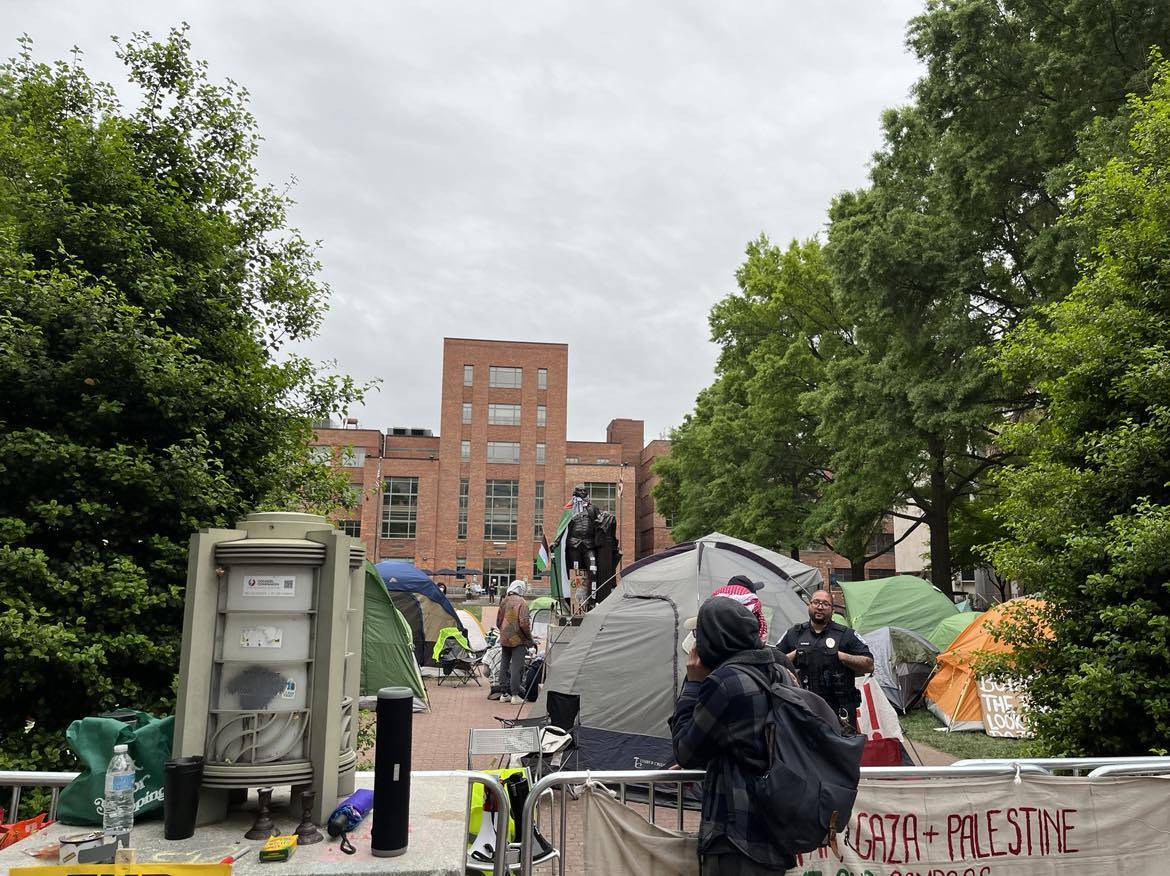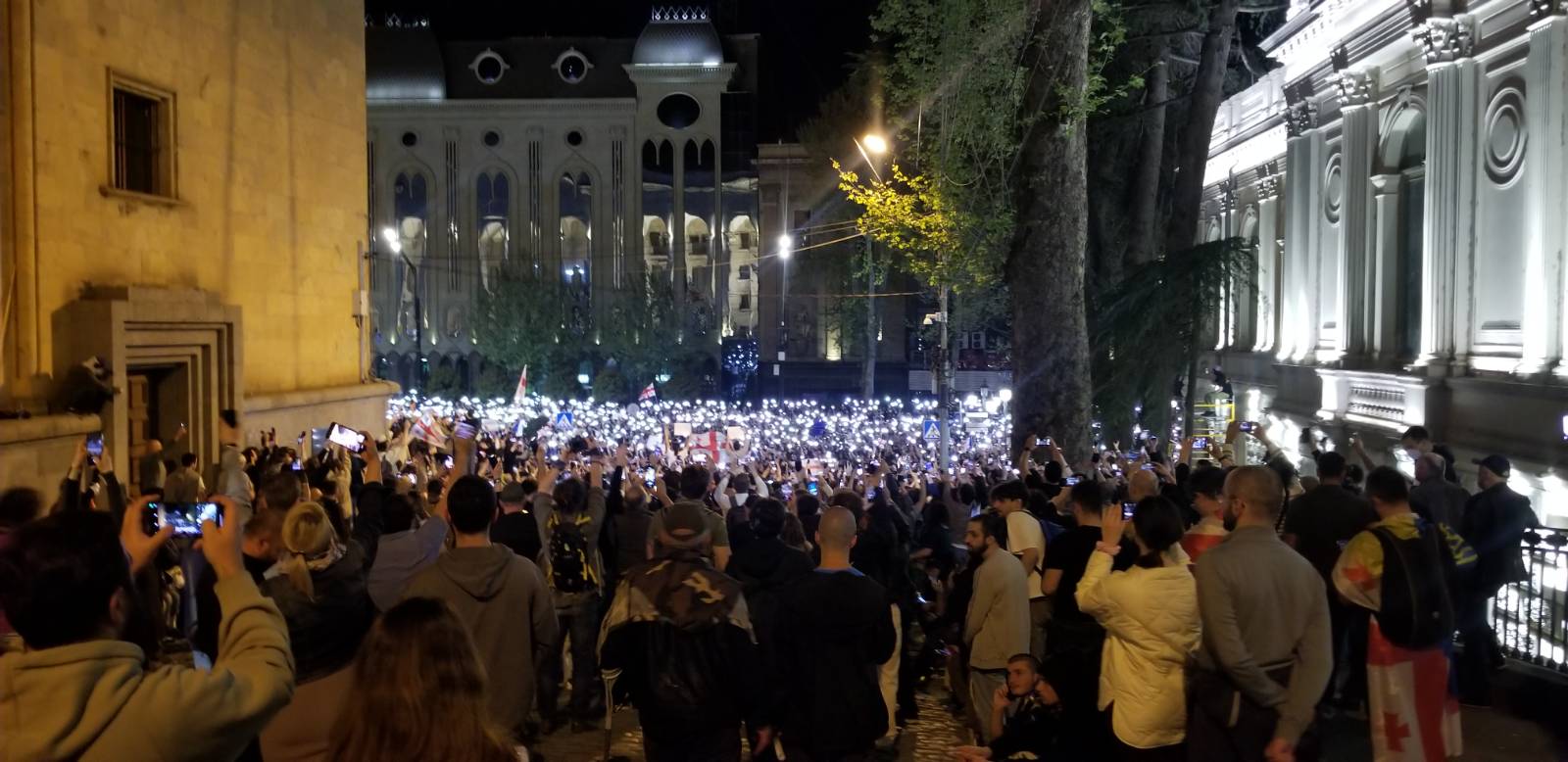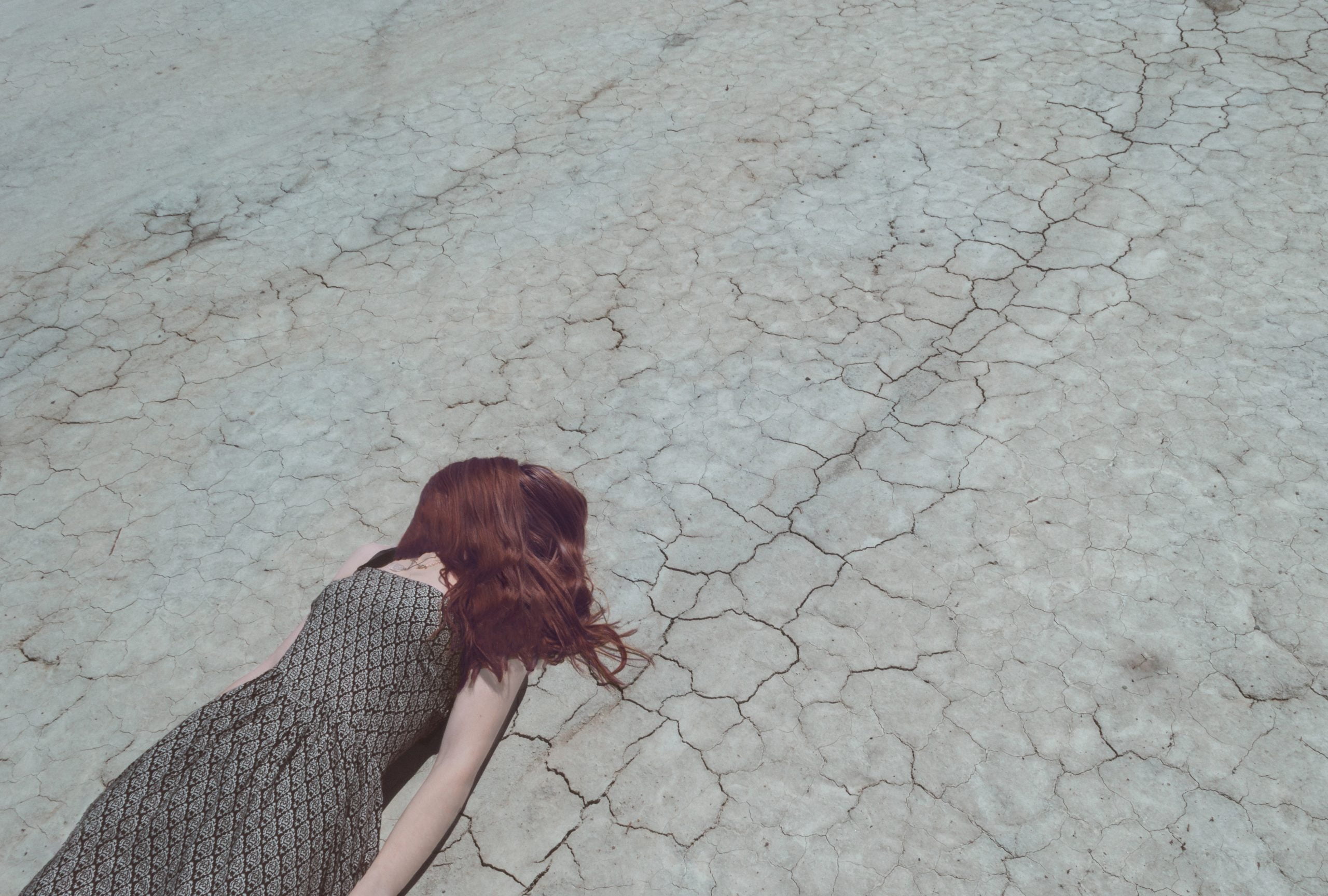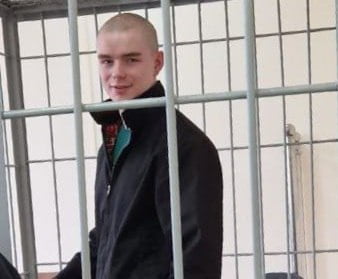In the first weeks of 1913 Russian revolutionary activity, never truly suppressed for all the violence and vindictiveness of the regime, burst once again onto the public stage. Freedom Press at this time maintained, through Peter Kropotkin, a strong link to the country and regularly reported on events and on how the various revolutionary forces were faring.
The February issue of Freedom contained a striking article about happenings towards the end of January 1913 in the then-capital of St Petersburg, which had for years seen crackdowns around the anniversary of Red Sunday. The massacre of unarmed protesters which took place on January 22 of 1905 had become an iconic annual remembrance, in the vein of the Greeks’ commemoration of the killing of Alexandros Grigoropoulos a century later.
Nicholas II was, in the run-up to the Romanov dynasty’s tercentenary, under intense pressure, with a strike already having taken place on January 8th, and tensions were high following the Lena Massacre of striking goldfield workers the previous year. It was in this simmering atmosphere that the Tsar and his forces bowed to the masses’ wish …
Russia.
For the first time since 1905, the “Red Sunday ” — when the St Petersburg people, trying to petition the Tsar, were shot by his order — has been openly commemorated. Rumours of this intention had led the police to make numerous arrests among the students and workers on the eve of the red-letter date, January 22nd. But nevertheless the 24-hour strike in memory of their massacred brethren was a complete success, and factories and workshops in St Petersburg were deserted. Manifestations at which over 50,000 men assisted were held in the streets, the police evidently being unwilling or unable to repeat the scenes of eight years ago.
Generally, a feeling of unrest, manifesting itself in renewed strikes, meetings, and demonstrations, is observable in the whole country. When the fourth Duma (parliament) assembled, demonstrations were held in St Petersburg, and a political amnesty was loudly demanded. With regard to an amnesty, something of the kind seems inevitable on the tercentenary of the Romanov dynasty; but the present Tsar’s petty and revengeful character is sure to limit this measure as much as possible, and many of the best fighters for liberty will remain in the hands of their gaolers.
We hope that our dear “old” Babushka (Breshkovska) will be allowed to leave her place of banishment in Eastern Siberia, where she is at present kept in a little hut, cold, isolated from all her friends, and watched day and night by six Cossacks.
What the Russian peasant is capable of doing if given a chance and not interfered with by the bureaucracy, that blight of Russian life, was shown by the annual report of the Co-operative Societies of Western Siberia and the Ural Province. They made remarkable progress. Last year 172 new dairies and 82 new shops were established; and at present the number of active members is over 120,000, owning 300,000 cows. Last year they sold butter to the value of £620,000, mostly to England. The year’s turnover was £700,000, whilst the cost of administration Was only £2,200.
This movement started only a few years ago. By some lucky chance the authorities paid no heed, and the peasants could develop their enterprise. As the Russian, peasants are accustomed to communal land tenure and administration, their Co-operative Societies flourished at once, and were managed in the simplest and most economical way.
The “old” Babushka mentioned in the report was Catherine Breshkovsky (1844-1934), a remarkable member of a group of socialist intelligentsia known as the Narodniks. One of Russia’s first female political prisoners, and spent 40 years in exile, becoming a well-known cause celebre. In her early life she had been a follower of Bakunin before going on to be a founder of the Socialist Revolutionary Party. Known as the Grandmother of the Revolution, she was a strong backer of Alexander Kerensky during the revolutionary period and was forced out of Russia when the Bolsheviks took power.

For more on the Siberian co-operatives mentioned in the article, The co-operative movement in Russia; its History goes into detail about the movement’s achievements here (page 77).
~Rr








